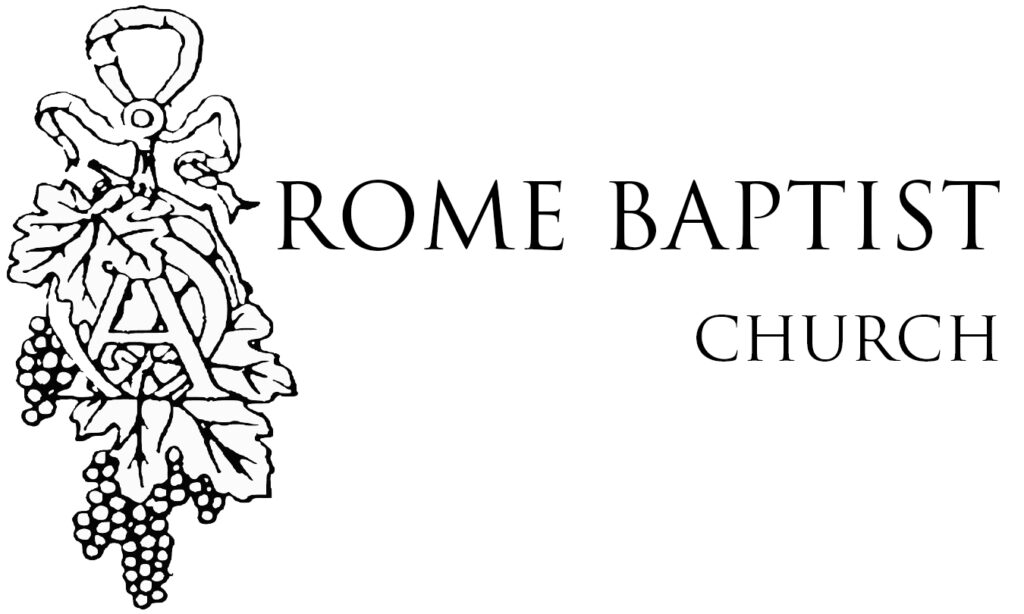The Five Foundations of Protestant Theology, also known as the Five Solas, were formulated in the 16th century during the Reformation. These foundations are the foundation of doctrine for many Protestant churches and denominations around the world.
The first of these foundations, Sola Scriptura, states that the Bible alone is the source of religious and spiritual truth. This means that any doctrine or practice that does not conform to the teachings of the Bible cannot be recognized as true or godly.
The second is Sola Fide, it says that human salvation is only possible through faith in Jesus Christ and his atoning sacrifice on the cross. This means that it is not necessary to do anything to earn salvation because it has already been given through faith in Christ.
The third foundation, Sola Gratia, states that man can only be saved by the grace and mercy of God. This means that man cannot earn salvation by his own works or merit, but only by the grace of God.
The fourth foundation, Solus Christus, says that Jesus Christ is the only mediator between God and man and that there is no other way to salvation. This teaching emphasizes the uniqueness of Christ and rejects the idea that other religions can lead to salvation.
The fifth foundation, Soli Deo Gloria, affirms that all glory and honor must belong to God alone, since salvation and grace are only possible through His grace. This means that everything we do should be for God’s glory, not for our own personal glory or gain.


